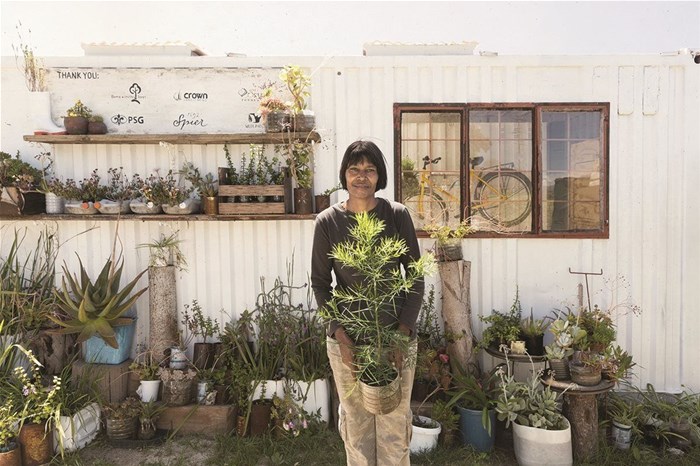
Related
Top stories

Marketing & MediaBehind the campaign: Reframing fairness in ride-hailing: The inDrive success story
inDrive 3 hours





More news

















Over the last decade, the rehabilitation of the historic Stellenbosch farm has focused on indigenous plants and bulbs that are planted in areas where they can grow naturally. These are species form part of the Cape Floristic Kingdom, the smallest and most diverse floristic kingdom in the world and incorporates the vegetation type known as fynbos.
"The Western Cape is following a near-global trend towards declining habitat ranges and decreasing biodiversity," explains Andrew Milne, Spier CEO. Andrew Milne. "Conservation and replanting at Spier is, therefore, providing the region with wider opportunities for the preservation of biodiversity within this extraordinary floristic kingdom at a time when it needs this boost more than ever."
The Spier Nursery team of 30 permanent employees propagate, grow and reintroduce indigenous trees and plants that are specific to the Western Cape. Some of these are endangered, while others were indigenous to this area but died out due to intensive farming.
Since 2012, the Spier Nursery has planted over 53,208 different trees, shrubs and fynbos on the farm. In the past two years (since August 2017), plantings totalled 14,474, of which 69% were trees, 17% fynbos and 14% shrubs.
This ambitious replanting programme has attracted bird and animal life back into the area. As rehabilitating the riparian systems flowing through the farm has been a key priority, there has been extensive clearing, cleaning and re-planting along the Eerste River.
The Amorim Biodiversity Award also recognises that Spier’s biodiversity efforts ripple far beyond the borders of the farm.
The treepreneur project based at Spier has taught individuals in some of the Cape’s poorest and most economically marginalised communities how to nurture indigenous plants. Once these have grown to a certain size, they are then bartered in exchange for crucial livelihood support – including food vouchers, education fees and bicycles. So far, Spier has contributed to improving the lives of 259 treepreneurs in 12 communities through the bartering of trees.
Since it began operating in the Western Cape a decade ago, treepreneurs has grown nearly 1 million trees (990,709). Nurtured in harsh Cape Flats climatic conditions, they’ve been donated to schools, NGO’s, churches and rehabilitation programmes for planting in areas where greening is sorely needed.
"Treepreneurs embody the philosophical understanding that human well-being is dependent on environmental health," concludes Milne.